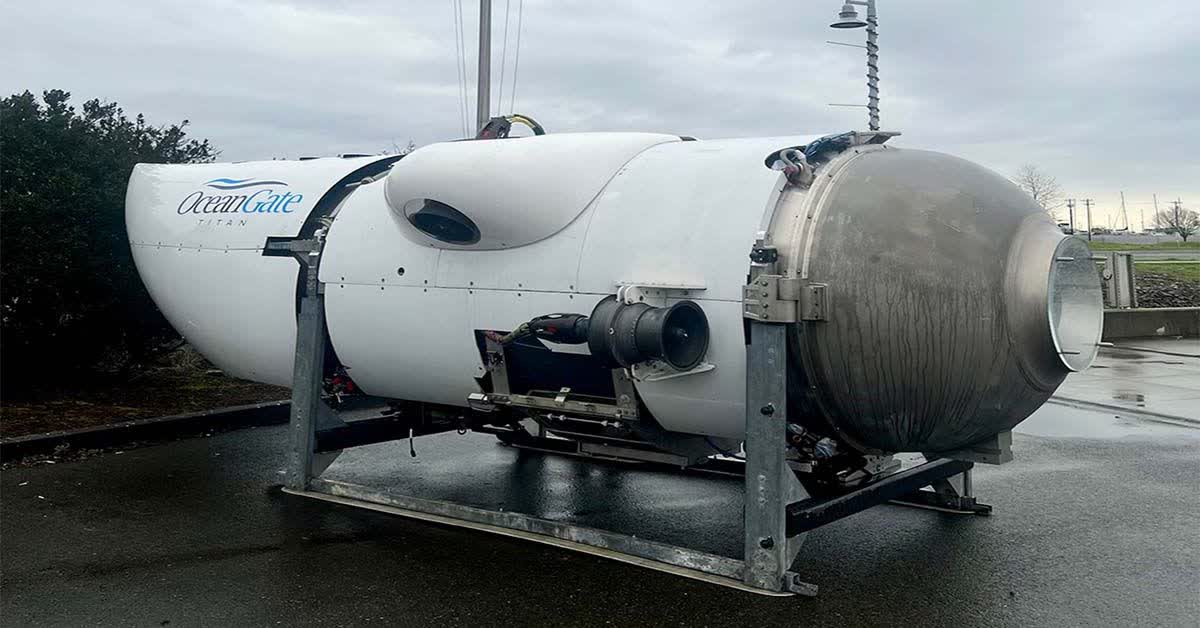In context: Scrubbing an entire online presence from the internet is no easy feat, but in the case of OceanGate, the company behind the doomed Titan submersible, it's understandable why it wants to disappear. Following an announcement that all deep-sea explorations are being suspended, OceanGate is purging its digital footprint.
As spotted by Insider, heading to both OceanGate and OceanGate Expeditions sites redirect to a page explaining that the company has suspended all exploration and commercial operations. It had previously shown the same notice at the top of its website.
OceanGate has also taken down its social media presence. Both the OceanGate and OceanGate Expeditions Facebook pages are gone, as are their Twitter and LinkedIn accounts. The OceanGate Instagram account is active but set to private, while the OceanGate Expeditions' Insta has been deleted.
The only company website still operating is the OceanGate Foundation's, though the Facebook page has been removed.
In a previous interview with OceanGate CEO Stockton Rush, one of the five people killed when the Titan imploded due to the immense underwater pressure, he talked about using the sub for deep-sea mining. Rush mentioned harvesting resources from the ocean floor, generating money that could be used to reduce the vessel's $250,000 per seat price for tourism dives.
Spanish submarine expert José Luis Martín believes the Titan would have popped like a balloon after plummeting almost 3,000 feet, like an "arrow vertically," after it experienced an electrical failure that left it without engines or propulsion. He says this freefall would have lasted between 48 and 71 seconds, during which time those on board could have fallen on top of each other, aware of what was about to happen.
"Imagine the horror, the fear and the agony. It must have been like a horror movie," Martín said.
Titan Five took NOSE DIVE into ocean floor and piled on top of each other in complete darkness.
– Joseph Morris (@JosephMorrisYT) July 11, 2023
They were AWARE they were going to die 48 to 71 seconds before it imploded and it was like a "horror movie" according to Spanish engineer José Luis Martín.#titanicsubmarine pic.twitter.com/cLnKi631tY
The decision to build the Titan from mostly carbon fiber rather than steel, titanium, and aluminum is being blamed for the submersible's implosion. There had already been several warnings about the Titan's potential safety issues, particularly the carbon fiber core, but these were brushed off or ignored by Rush.
All passengers on Titan voyages were required to sign a waiver that included the word "death" no less than 3 times. It included asking customers to assume full responsibility for the risk of death even if the company was negligent.
